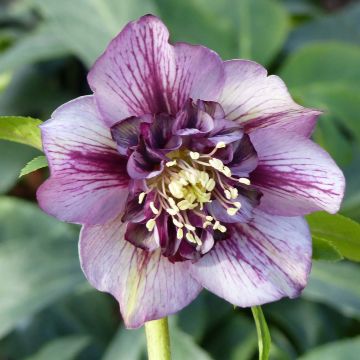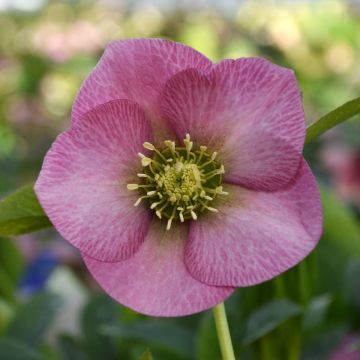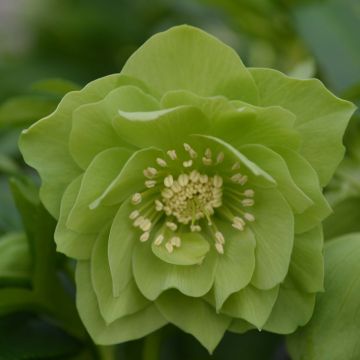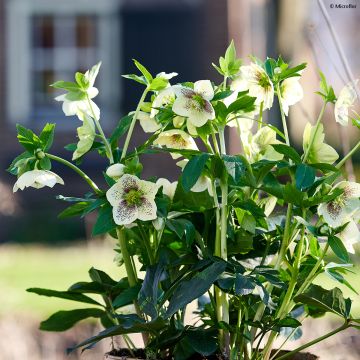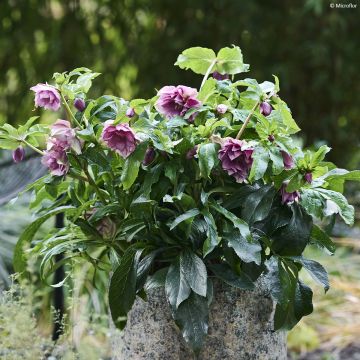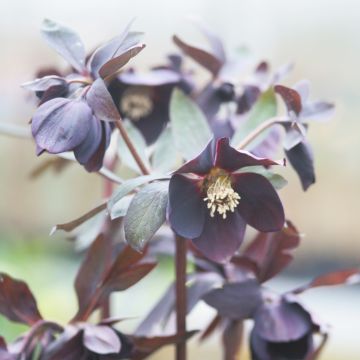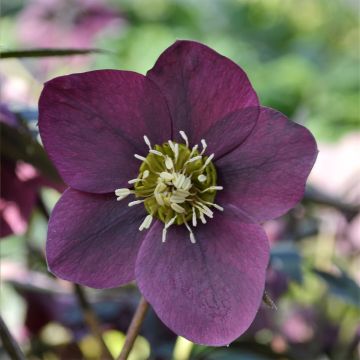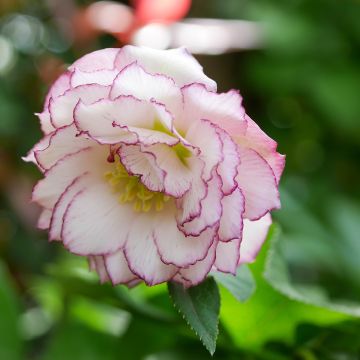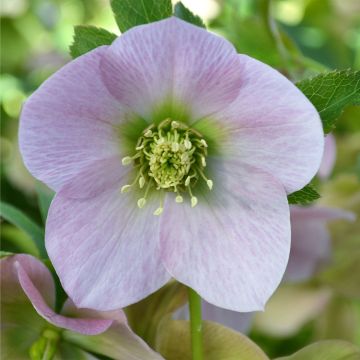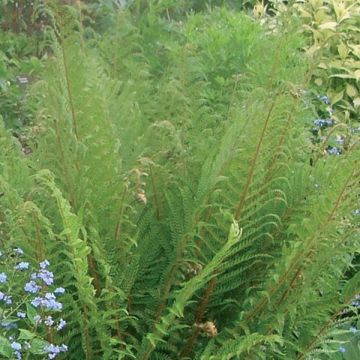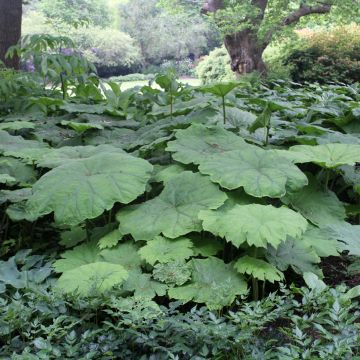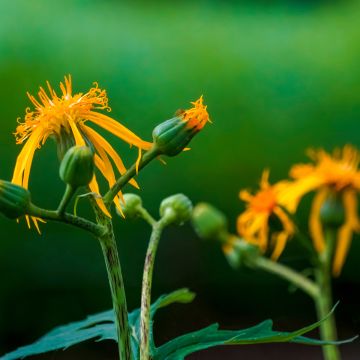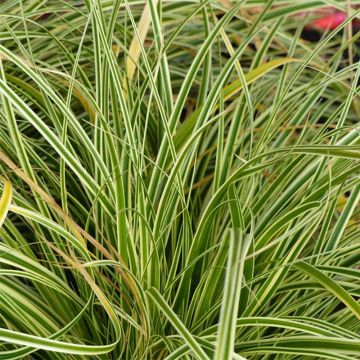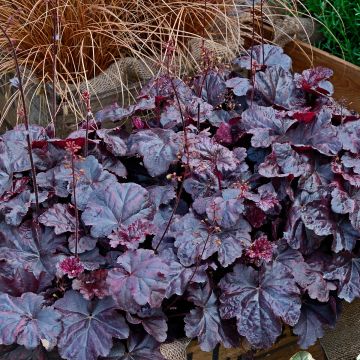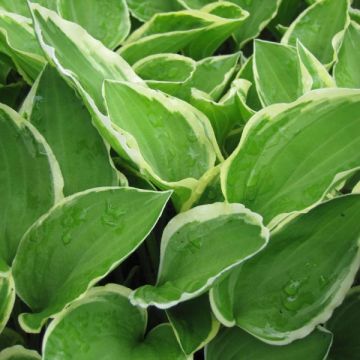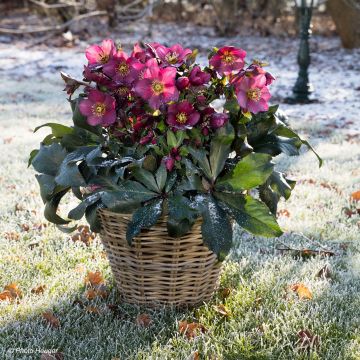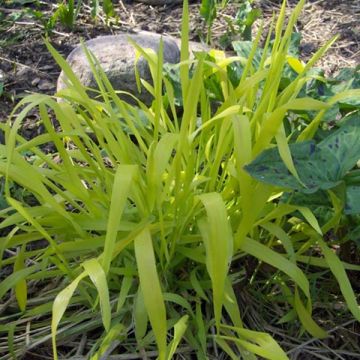Shipping country and language
Your country of residence may be:
Your country of residence is:
For a better user experience on our website, you can select:
Your shipping country:
-
Andorra
-
Austria
-
Belgium
-
Bulgaria
-
Canada
-
Chile
-
Croatia
-
Cyprus
-
Czechia
-
Denmark
-
Estonia
-
Finland
-
France
-
Germany
-
Greece
-
Hungary
-
Iceland
-
Ireland
-
Italy
-
Latvia
-
Lithuania
-
Luxembourg
-
Malta
-
Monaco
-
Netherlands
-
Poland
-
Portugal
-
Romania
-
Slovakia
-
Slovenia
-
Spain
-
Sweden
-
Switzerland
-
United Kingdom
We only deliver seed and bulb products to your country. If you add other products to your basket, they cannot be shipped.
Language:
-
French
-
German
-
Spanish
-
English
-
Italian
My Account
Hello
My wish lists
Log in / Register
Existing customer?
New customer?
Create an account to track your orders, access our customer service and, if you wish, make the most of our upcoming offers.
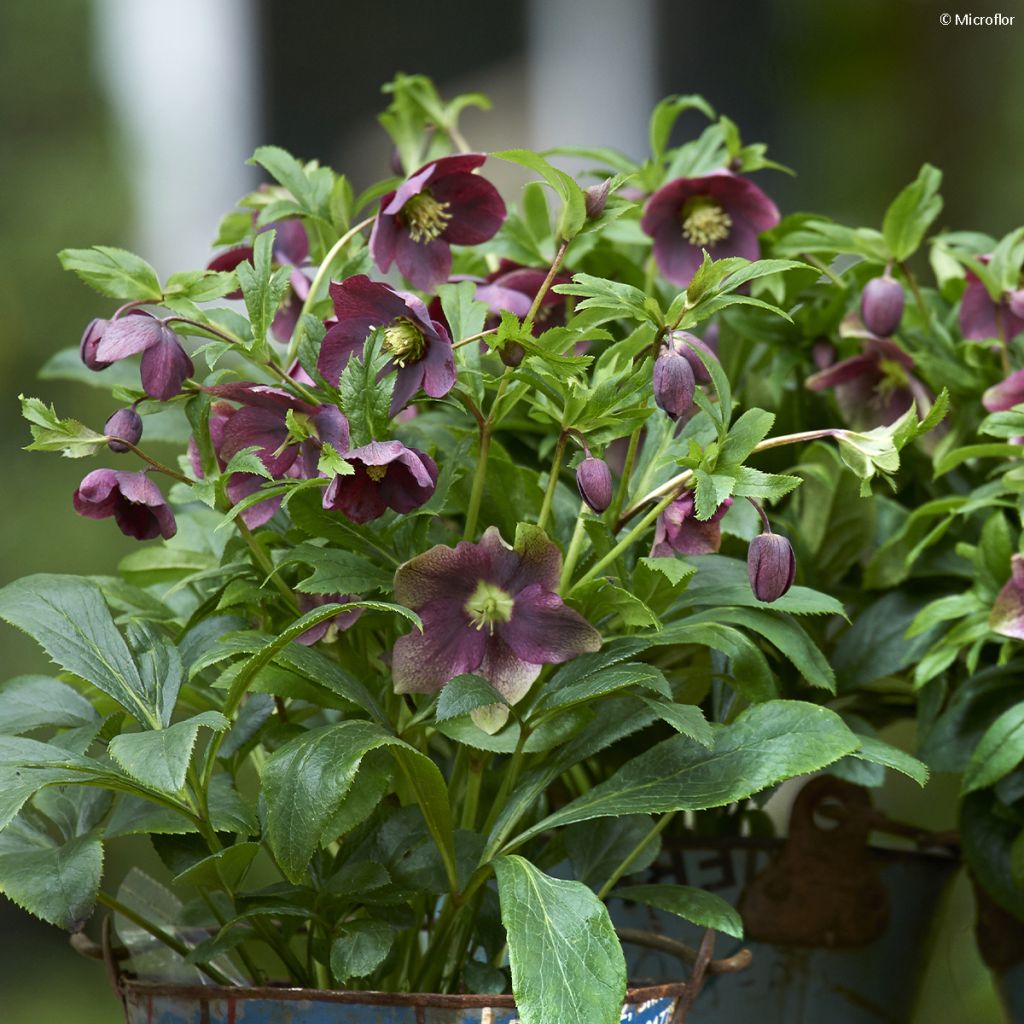

Hellébore Viv Victoria - Helleborus orientalis
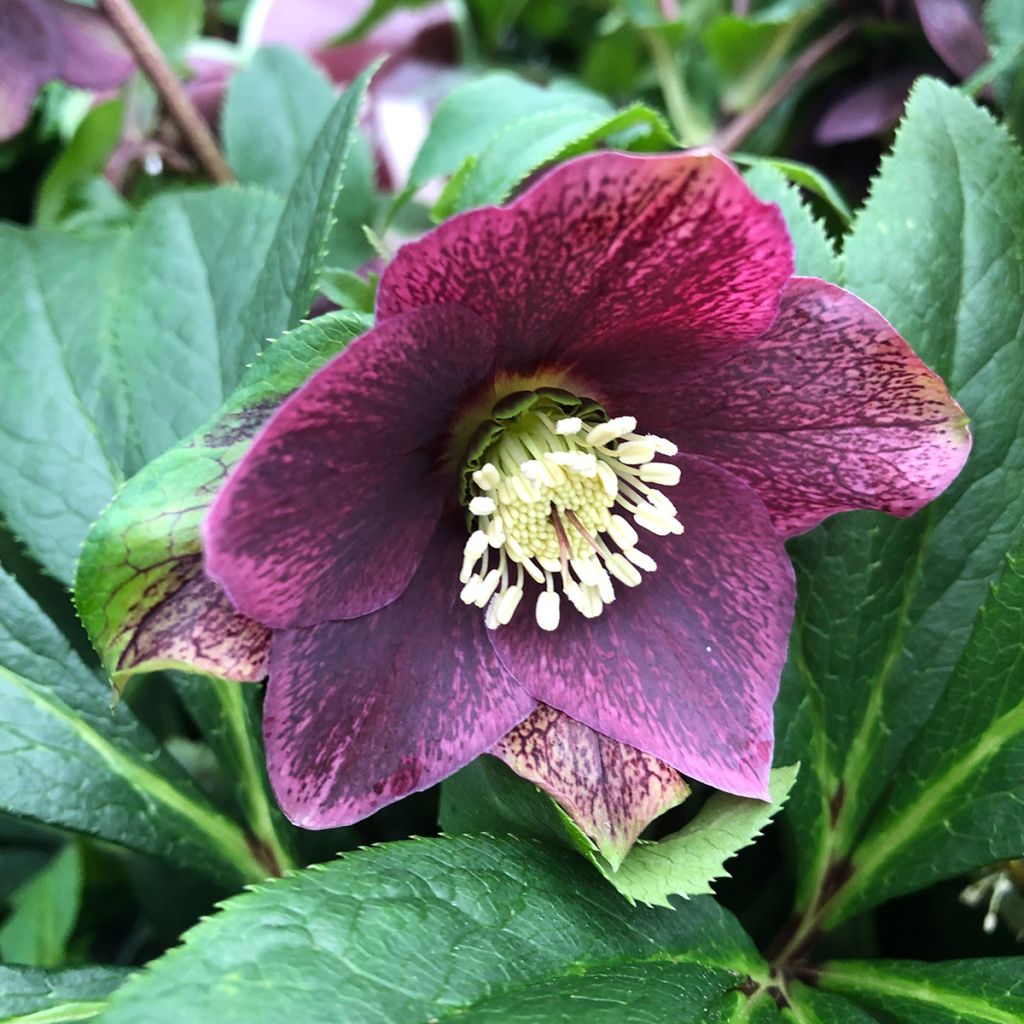

Hellébore orientale ViV Victoria
Helleborus hybridus ViV Victoria
Helleborus x hybridus ViV Victoria
Lenten Rose, Oriental Hellebore
It flowered well this winter after planting. It survived the summer, the leaves are there. We'll see the new flowering in December or January.
Viviane, 10/09/2024
Order in the next for dispatch today!
Dispatch by letter from €3.90.
Delivery charge from €5.90 Oversize package delivery charge from €6.90.
More information
This item is not available in your country.
Schedule delivery date,
and select date in basket
This plant carries a 12 months recovery warranty
More information
We guarantee the quality of our plants for a full growing cycle, and will replace at our expense any plant that fails to recover under normal climatic and planting conditions.
From €5.90 for pickup delivery and €6.90 for home delivery
Express home delivery from €8.90.

Does this plant fit my garden?
Set up your Plantfit profile →
Description
Victoria is one of the most interesting varieties of Oriental Hellebore. While this perennial has the same type of decorative foliage all year round, with deep-cut dark green leaves, it stands out for its exceptionally long-lasting flowering. From September to April, beautiful single violet flowers with yellow stamens appear, sometimes with a variegated corolla. This Lenten Rose forms a dense and compact clump that can be grown in a large pot to decorate a balcony, as well as in the garden. It prefers a shaded position and neutral to alkaline soil, but it can also tolerate some acidity. It is hardy enough to be planted in almost all regions.
The Hellebore Victoria is a member of the Ranunculaceae family, which includes about sixty genera and around 2500 species. Many are poisonous beauties, meaning they contain toxic substances if ingested - a natural protection to prevent them from being grazed by herbivores. Despite this, they are valuable plants in the garden, as many genera are highly ornamental thanks to their remarkable flowering, such as Anemones, Buttercups, Trollius, Aconites, and many others, not to mention Clematis. The species Helleborus orientalis is native to Greece, Turkey, and the central and eastern Caucasus. It is a perennial plant that hybridises very easily with other species to produce, through random sowing, hybrids with highly varied colours and forms, so that varieties are rarely named for these hybrids. They are distinguished by their shape and colour characteristics. The hybrid Hellebore is a hardy plant that can withstand temperatures down to -15°C (5°F), naturally growing in forests, thickets, and clearings up to 2,000 m (7ft) altitude.
Victoria ViV is a variety propagated by a Belgian company specialising in the selection and in vitro multiplication of Hellebores. This method of propagation ensures the perfect transmission of genes and the stability of varieties, which are all perfectly identified by their names. Victoria is part of a wide collection of hybrids selected for their compactness and abundant flowering. This variety forms a clump that reaches 40 cm (16in) in height and width, making it particularly suitable for container cultivation. Install it on your balcony or patio, and this beautiful potted plant will offer you a stunning winter display. The leaves are evergreen in winter. In reality, they only live for 8 months and are regularly replaced by new leaves. Their highly graphic shape is particularly decorative throughout the year.
Victoria offers abundant and long-lasting flowering. Not only do the flowers last individually for 6 to 8 weeks, but new buds continue to form for months. The single flowers with 5 petals are violet, streaked with darker veins, and have a yellow stamen centre that creates a beautiful contrast. Rising above the foliage, these corollas are highly visible, enhanced by the darker background of the leaves, and bloom vertically, as is the case with most Hellebore varieties. They can even slightly tilt downwards to allow water to slide off like an umbrella, preventing water accumulation in the centre that could cause rot. Hellebores do not like to be moved once established, and young shoots sometimes take time to flower. Therefore, it is important to choose their location carefully when planting.
This perennial adapts to neutral to moderately alkaline (chalky) soils, and can tolerate slightly acidic soils. It prefers rather rich soils that retain some moisture, although an established plant can withstand dry conditions. However, ensure that the soil is well-drained, as Hellebores do not tolerate excess water in winter. It will thrive under a leafy tree, which allows winter sunlight to pass through but protects it from the intense summer sun. Its compact and wider-than-tall habit makes it an excellent potted plant to decorate a balcony or terrace.
Lenten Roses are highly desirable perennials to brighten up dark winter days. Victoria offers even more with its flowering period from September to April, allowing you to create attractive flower beds all year round when mixed with spring or summer flowering perennials. Plant it alongside another graphic plant, Acanthus Whitewater, with its large, deeply cut leaves variegated with white and its tall cream to pinkish flower spikes, which are extremely unique. To cover the ground in your shaded flower bed, you can also rely on the Creeping Bugle, or Ajuga, with its multiple varieties that will help you create colourful scenes with their green, variegated, purple, or golden foliage, forming dense mats on the ground. And the diversity of shapes and shades of Columbines will complete your plant composition...
Report an error about the product description
Flowering
Foliage
Plant habit
Safety measures
Botanical data
Helleborus
x hybridus
ViV Victoria
Ranunculaceae
Lenten Rose, Oriental Hellebore
Cultivar or hybrid
ingestion
Cette plante est toxique si elle est ingérée volontairement ou involontairement.
Ne la plantez pas là où de jeunes enfants peuvent évoluer, et lavez-vous les mains après l'avoir manipulée.
Pensez à conserver l'étiquette de la plante, à la photographier ou à noter son nom, afin de faciliter le travail des professionnels de santé.
Davantage d'informations sur https://plantes-risque.info
Other Oriental Hellebore
Planting and care
Hellebore Victoria grows in any neutral to moderately calcareous soil, rich, light or clay, in partial or light shade, while being sheltered from cold and strong winds. This perennial should be planted from early autumn to spring. It thrives in deep, well-prepared soil mixed with a quantity of organic matter. To fertilise, use bone meal or another organic fertilizer. Water the plants well after planting and then add a layer of mulch 2 to 5 cm (1 to 2in) thick. Regularly remove faded leaves to improve flowering. Ensure a planting distance of 30 to 40 cm (12 to 16in) between each plant to encourage their development. Hellebores do not tolerate waterlogged ground, as it may cause it to rot.
The stumps should not completely dry out in summer. Hellebores can be affected by a fungal disease transmitted by aphids, known as black spot disease. Remove any brown leaves when flower buds appear. Remove faded flowers after seeds fall. They can also suffer from grey rot or die from collar rot. This often occurs due to poor growing conditions, in excessively wet situations.
You can also plant this perennial in a pot on a balcony or patio, as its compactness lends itself well to this, but be sure to choose a sufficiently large pot for its root system to develop properly. Very hardy, this Hellebore can withstand negative temperatures down to -15°C (5°F) or even lower without suffering.
Planting period
Intended location
Care
-
, onOrder confirmed
Reply from on Promesse de fleurs
Shade-loving perennials
Haven't found what you were looking for?
Hardiness is the lowest winter temperature a plant can endure without suffering serious damage or even dying. However, hardiness is affected by location (a sheltered area, such as a patio), protection (winter cover) and soil type (hardiness is improved by well-drained soil).

Photo Sharing Terms & Conditions
In order to encourage gardeners to interact and share their experiences, Promesse de fleurs offers various media enabling content to be uploaded onto its Site - in particular via the ‘Photo sharing’ module.
The User agrees to refrain from:
- Posting any content that is illegal, prejudicial, insulting, racist, inciteful to hatred, revisionist, contrary to public decency, that infringes on privacy or on the privacy rights of third parties, in particular the publicity rights of persons and goods, intellectual property rights, or the right to privacy.
- Submitting content on behalf of a third party;
- Impersonate the identity of a third party and/or publish any personal information about a third party;
In general, the User undertakes to refrain from any unethical behaviour.
All Content (in particular text, comments, files, images, photos, videos, creative works, etc.), which may be subject to property or intellectual property rights, image or other private rights, shall remain the property of the User, subject to the limited rights granted by the terms of the licence granted by Promesse de fleurs as stated below. Users are at liberty to publish or not to publish such Content on the Site, notably via the ‘Photo Sharing’ facility, and accept that this Content shall be made public and freely accessible, notably on the Internet.
Users further acknowledge, undertake to have ,and guarantee that they hold all necessary rights and permissions to publish such material on the Site, in particular with regard to the legislation in force pertaining to any privacy, property, intellectual property, image, or contractual rights, or rights of any other nature. By publishing such Content on the Site, Users acknowledge accepting full liability as publishers of the Content within the meaning of the law, and grant Promesse de fleurs, free of charge, an inclusive, worldwide licence for the said Content for the entire duration of its publication, including all reproduction, representation, up/downloading, displaying, performing, transmission, and storage rights.
Users also grant permission for their name to be linked to the Content and accept that this link may not always be made available.
By engaging in posting material, Users consent to their Content becoming automatically accessible on the Internet, in particular on other sites and/or blogs and/or web pages of the Promesse de fleurs site, including in particular social pages and the Promesse de fleurs catalogue.
Users may secure the removal of entrusted content free of charge by issuing a simple request via our contact form.
The flowering period indicated on our website applies to countries and regions located in USDA zone 8 (France, the United Kingdom, Ireland, the Netherlands, etc.)
It will vary according to where you live:
- In zones 9 to 10 (Italy, Spain, Greece, etc.), flowering will occur about 2 to 4 weeks earlier.
- In zones 6 to 7 (Germany, Poland, Slovenia, and lower mountainous regions), flowering will be delayed by 2 to 3 weeks.
- In zone 5 (Central Europe, Scandinavia), blooming will be delayed by 3 to 5 weeks.
In temperate climates, pruning of spring-flowering shrubs (forsythia, spireas, etc.) should be done just after flowering.
Pruning of summer-flowering shrubs (Indian Lilac, Perovskia, etc.) can be done in winter or spring.
In cold regions as well as with frost-sensitive plants, avoid pruning too early when severe frosts may still occur.
The planting period indicated on our website applies to countries and regions located in USDA zone 8 (France, United Kingdom, Ireland, Netherlands).
It will vary according to where you live:
- In Mediterranean zones (Marseille, Madrid, Milan, etc.), autumn and winter are the best planting periods.
- In continental zones (Strasbourg, Munich, Vienna, etc.), delay planting by 2 to 3 weeks in spring and bring it forward by 2 to 4 weeks in autumn.
- In mountainous regions (the Alps, Pyrenees, Carpathians, etc.), it is best to plant in late spring (May-June) or late summer (August-September).
The harvesting period indicated on our website applies to countries and regions in USDA zone 8 (France, England, Ireland, the Netherlands).
In colder areas (Scandinavia, Poland, Austria...) fruit and vegetable harvests are likely to be delayed by 3-4 weeks.
In warmer areas (Italy, Spain, Greece, etc.), harvesting will probably take place earlier, depending on weather conditions.
The sowing periods indicated on our website apply to countries and regions within USDA Zone 8 (France, UK, Ireland, Netherlands).
In colder areas (Scandinavia, Poland, Austria...), delay any outdoor sowing by 3-4 weeks, or sow under glass.
In warmer climes (Italy, Spain, Greece, etc.), bring outdoor sowing forward by a few weeks.
